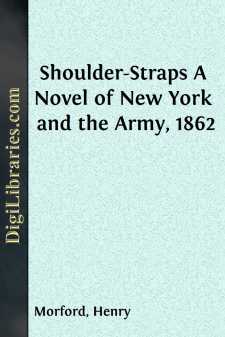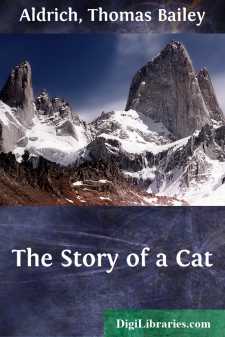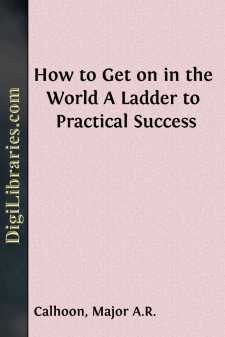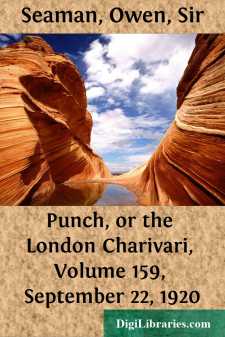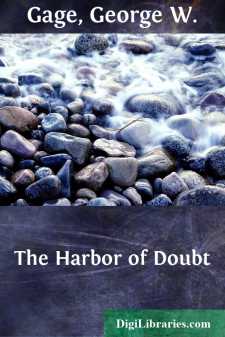Categories
- Antiques & Collectibles 13
- Architecture 36
- Art 48
- Bibles 22
- Biography & Autobiography 813
- Body, Mind & Spirit 142
- Business & Economics 28
- Children's Books 17
- Children's Fiction 14
- Computers 4
- Cooking 94
- Crafts & Hobbies 4
- Drama 346
- Education 46
- Family & Relationships 57
- Fiction 11829
- Games 19
- Gardening 17
- Health & Fitness 34
- History 1377
- House & Home 1
- Humor 147
- Juvenile Fiction 1873
- Juvenile Nonfiction 202
- Language Arts & Disciplines 88
- Law 16
- Literary Collections 686
- Literary Criticism 179
- Mathematics 13
- Medical 41
- Music 40
- Nature 179
- Non-Classifiable 1768
- Performing Arts 7
- Periodicals 1453
- Philosophy 64
- Photography 2
- Poetry 896
- Political Science 203
- Psychology 42
- Reference 154
- Religion 513
- Science 126
- Self-Help 84
- Social Science 81
- Sports & Recreation 34
- Study Aids 3
- Technology & Engineering 59
- Transportation 23
- Travel 463
- True Crime 29
Sort by:
by:
Stephen Marlowe
We've been taught from childhood that the earth is round and that Columbus discovered America. But maybe we take too much on faith. This first crossing for instance. Were you there? Did you see Columbus land? Here's the story of a man who can give us the straight facts. The laughter brought spots of color to his cheeks. He stood there for a while, taking it, and then decided he had had enough...
more...
by:
Various
A CRICKET MANNERISM. A writer commented recently in an article in Punch on the advantage to a cricketer of some harmless mannerism, giving as an instance Mr. P.F. Warner's habit of hitching up the left side of his trousers and patting the ground seven times with his bat. This homely touch reminded me irresistibly of Rankin. Not that Rankin resembles Mr. Warner even remotely in any other way. But...
more...
by:
Henry Morford
Just before the close of the performances at Niblo's Garden, where the Jarrett combination was then playing, one evening in the latter part of June, 1862, two young men came out from the doorway of the theatre and took their course up Broadway toward the Houston Street corner. Any observer who might have caught a clear view of the faces of the two as they passed under one of the large lamps at the...
more...
by:
Unknown
PRICE SIXPENCE. Oh! on this green and mossy seat,In my hours of sweet retreat;Thus I would my soul employ,With sense of gratitude and joy.! farewell! the trumpet calls,The banner waves in view;And I must bid these friendly halls,One long! one last adieu! The dappled herd of grazing deer,That seek the shades by day;Now started from their path with fear,To give the stranger way. This is the valiant...
more...
CHAPTER I. HOW MOTHER MICHEL MADE THE ACQUAINTANCE OFHER CAT. here lived in Paris, under the reign of King Louis XV., a very rich old countess named Yolande de la Grenouillère. She was a worthy and charitable lady, who distributed alms not only to the poor of her own parish, Saint-Germain-l’Auxerrois, but to the unfortunate of other quarters. Her husband, Roch-Eustache-Jérémie, Count of...
more...
by:
Anonymous
The First Conference An Account of Mr. Maxwell Laird of Coul his Appearance after Death to Mr. Ogilvie a Minister of the present Establishment at Innerwick, 3 Miles East from Dunbar. Upon the 3d Day of February, 1722, at seven a clock at Night after I had parted with Thurston [his Name Cant], and was coming up the Burial Road, one came riding up after me: upon hearing the Noise of his Horse’s feet, I...
more...
CHAPTER I WHAT IS SUCCESS? It has been said that "Nothing Succeeds Like Success." What is Success? If we consult the dictionaries, they will give us the etymology of this much used word, and in general terms the meaning will be "the accomplishment of a purpose." But as the objects in nearly every life differ, so success cannot mean the same thing to all men. The artist's idea of...
more...
by:
Owen Seaman
THE MINISTRY OF ANCESTRY. "As you are aware," said a prominent official of the Ministry of Ancestry, "although our department has only been in existence for a few months the profits have enabled the Government to take twopence off the income-tax and to provide employment for thousands of deserving clerks dismissed, in deference to public opinion, from other Government offices."...
more...
by:
George W. Gage
MALICIOUSLY ACCUSED “Let them think what they like. If I had died I would have been a hero; because I lived I suppose there is nothing in the history of crime that I have not committed.” Young Captain Code Schofield sprang out of the deep, luxurious chair and began to pace up and down before the fire. He did not cast as much as a glance at the woman near him. His mind was elsewhere. He had heard...
more...





